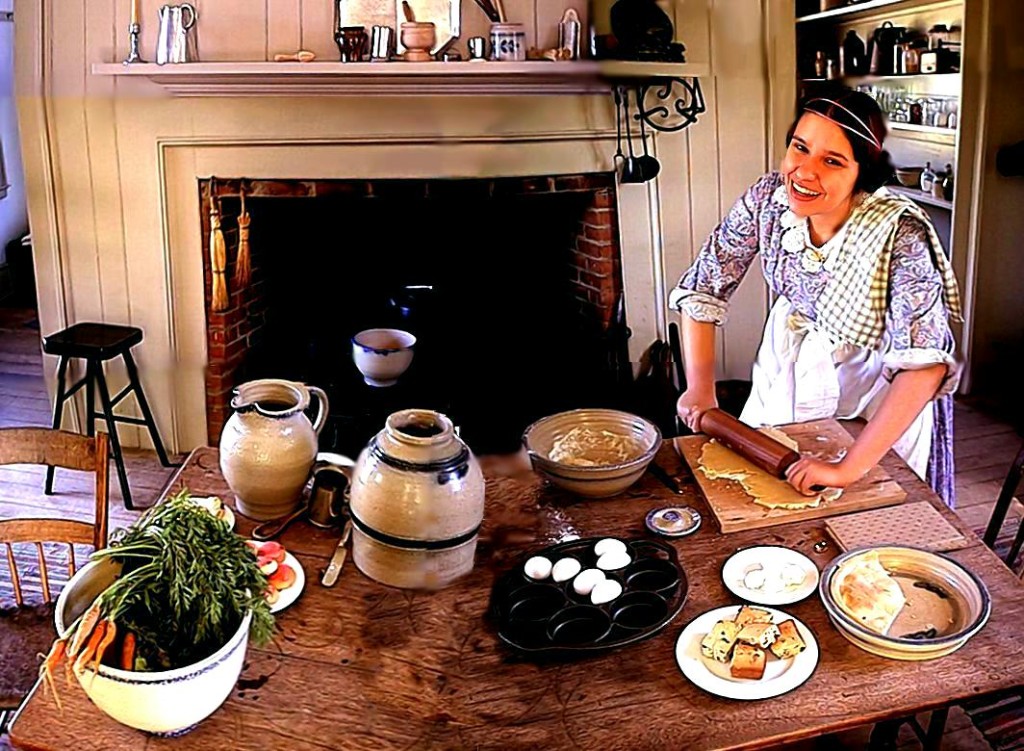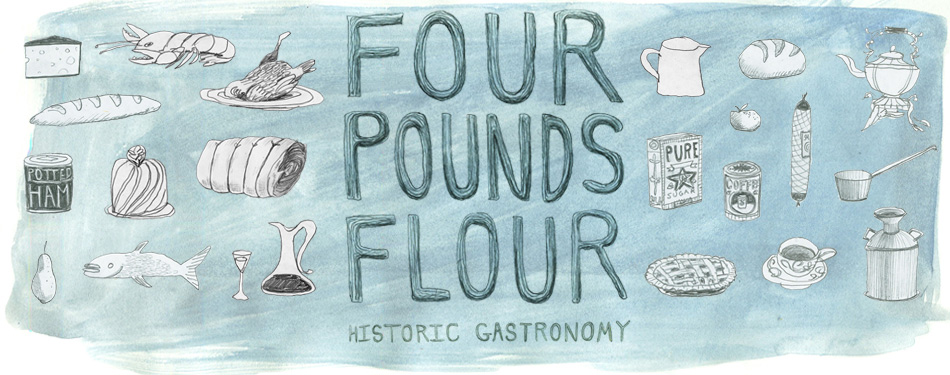 The author, c. 2001, working at a living history museum. Photo by Rev. Brett R. Schutzman.
The author, c. 2001, working at a living history museum. Photo by Rev. Brett R. Schutzman.
For five years as a historic reenactor, I could never escape the year 1848. I’ve got a piece up on the Lapham’s Quarterly blog about my past in a living history museum and the strange experience of living life in two timelines.
Our year was 1848. Several historic houses had been moved from northeast Ohio and arranged around a village green: this was our fake town. Visitors were free to roam the site, spending as little or as much time as they choose interacting with its townspeople. A family was cast in each house, and I “lived” with an older brother and sister, an Irish maid, and my mother—in this case played by my actual mother, one of the museum’s middle managers, who had decided when I turned seventeen that I was too old to sit on my ass over summer vacation. From June through August I spent more waking hours of my life in the nineteenth century than I did in the modern day.
Read more here.

That was a beautiful read.
What kind of foods did you make when you were still there?
I remember we used Sarah Hale’s book, The Good Housekeeper (1839) and also Lydia Maria Child’s Book, the Frugal Housewife, but I’m sure there were more period resources we relied on. I remember making macaroni and cheese with cheese made on site, with milk from cows on site (that I would help milk), and spiced with nutmeg and mace. I also remember these cheese tarts, we would make in small tart pans, with a handmade butter crusts, and an egg, butter and cheese filling. Those were really good; I should dig up the recipe and put it on this blog, they were serious spectacular. I remember chicken soup with handmade noodles, and one stormy day when we dropped potato slices in hot oil for homemade french fries. And I personally did a lot of the baking, cakes and cookies in particular, very butter heavy and flavored with lots of nutmeg and rosewater.
and thank you!!
What a lovely piece. You put into words many of the emotions and sensations I experienced when I interned there for a summer–how putting on petticoats and washing dishes in a dry sink could push me into the past in a way that reading about it never could. Of course, you had a much more all-encompassing experience than I did, with the family histories and presentations. Beautifully expressed–and I’m looking forward to reading your book!
Thank you, Abby! The learning through doing allows you to discover things you could never imagine. It still happens all the time when I cook.